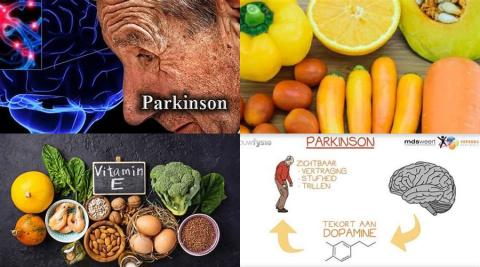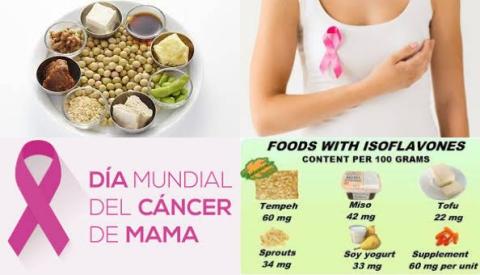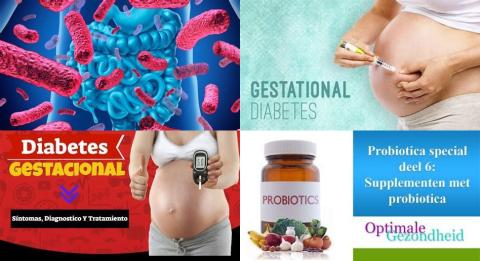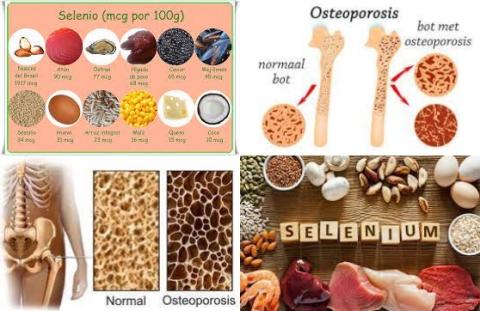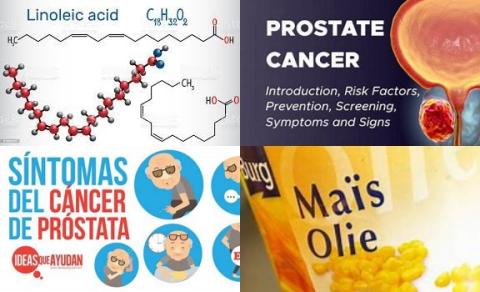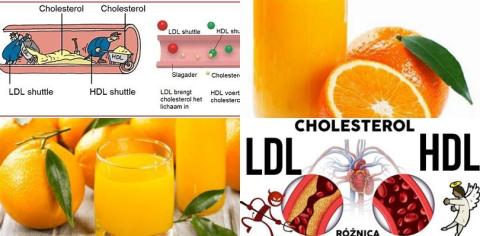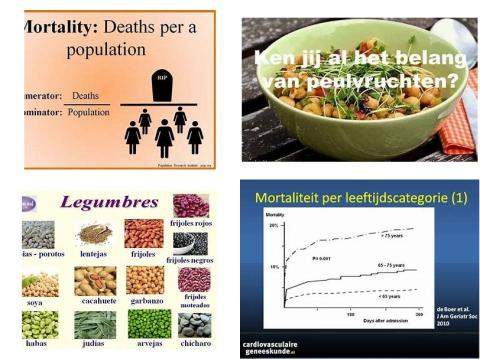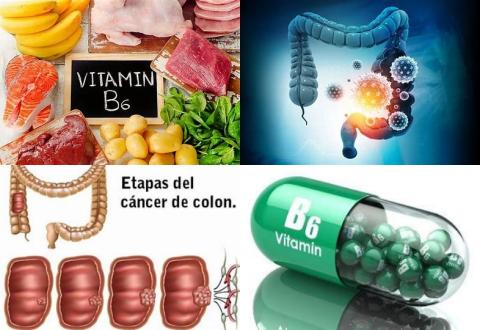Research Question:
Vegetarian diets can promote weight loss, however the evidence is ambiguous. It was therefore carried out this review article.
Following a vegetarian diet leads to weight loss?
Study Design:
This overview article contained 12 Rcts with a total of 1151 people that a vegetarian diet with an average maturity of 18 weeks.
Results and conclusions:
The researchers found that people who followed a vegetarian diet lost significantly more weight than those who do not vegetarian diet followed [weighted average difference =-2.02 kg, 95% CI =-2.80 to-1.23].
The researchers found in the subgroup analysis (to get more information) that the weight loss in a vegan diet significantly 2.52 kg [95% CI = 3.02-to-1.98] but at a lacto-ovo diet not significant 1.48 kg [95% CI =-3.99 to 0.47] amounted to.
The researchers found in the subgroup analysis that people who followed a vegetarian diet with energy restriction lost significantly more weight than those followed a vegetarian diet without energy restriction [2.21 kg, 95% CI =-3.31 to-1.12 versus 1.66 kg, 95% CI =-2.85 to-0.59].
The researchers found in the subgroup analysis that following a vegetarian diet of less than 1 year led to more weight loss than following a vegetarian diet longer than 1 year [-2.05 kg, 95% CI =-2.85 to-1.25 versus-1.13 kg, 95% CI =-2.04 to-0.21].
The researchers concluded that following a vegetarian diet with an average maturity of 18 weeks to a weight loss of 2.02 kg. Most weight loss was achieved with a vegan diet with energy restriction.
Original title:
Vegetarian Diets and Weight Reduction: a Meta-Analysis of Randomized Controlled Trials by Huang RY, Huang CC, [...], Chavarro you.
Link:
http://onlinelibrary.wiley.com/doi/10.1111/obr.12067/abstract
Additional information about El Mondo:
Read here about being overweight.
Read more about vegetarian diet.
Only a vegetarian diet leads to weight loss and return of the diet in addition also low fat and high fiber.
A vegetarian is generally defined as someone who does not eat meat. But there are several versions and degrees of vegetarian. For example, there are:
Lacto-ovo vegetarians:
A lacto-ovo vegetarian doesn't eat meat, fish or poultry, but eggs, milk and cheese. This is the most common type of vegetarian. A lacto vegetarian or eat milk and cheese products but no eggs while an ovo-vegetarian right again no cheese and milk products but eat eggs.
Pescotariërs and pollotariërs:
A pescotariër do not eat meat, poultry and dairy, but fish while a pollotariër not eat meat, fish and dairy, but poultry, particularly chicken.
Vegans:
Vegans eat no animal products or by-products or use. They eat only vegetables, fruits, nuts, grains and legumes. They also eat no foods where animal products are processed. So, for example, they eat nothing with animal oils is prepared, no mayonnaise because there's egg in and no products with certain E-numbers in it because there for example bone marrow (as in the E number gelatin) in May. Vegans also make no use of utensils in which animal materials. So for example, vegans bear no learning (only cotton shoes and belts, etc.) and also no wool products.
Fruit Aryans and raw food-trailer:
This group of vegetarians is not often. A fruit MEP eat only fruit and nuts. They eat nothing where a plant for should be killed, so only the fruits that can be picked. The reasoning is that this way of eating the most in balance and harmony with the Earth and nature.
A raw food follower eat only raw foods, so only vegetables, fruit, nuts and legumes. According to them disappear the nutritional values from eating when they are purchased.
